Unchartered Part 2- My Entrepreneurial Journey
Part 2 - Following The Path
BUSINESS
12/27/202312 min leer
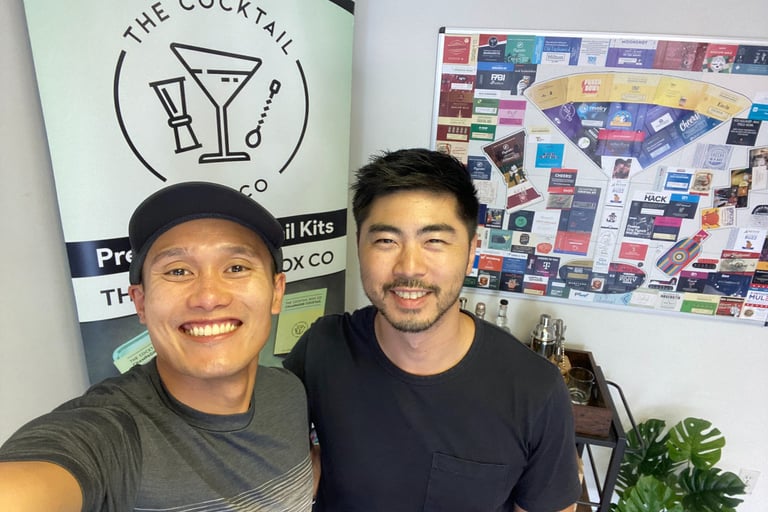

Derek Saito (Co-founder) and I on my last day at The Cocktail Box Co. & Brew Your Bucha HQ - June 30, 2023
Lessons:
Lesson - Just get started. It's unlikely you will know all of the pitfalls that you will encounter, but just getting started and taking each subsequent step will uncover areas which you can learn and develop. It's better to get started than get held up by the fear of not being able to overcome a future challenge.
Lesson - If you lack experience or expertise in an area, start small and take calculated risks. In many ways, getting started with limited capital was our saving grace. Many businesses fail because management believes they can spend their way out of challenges or 'paper-over' issues. By conserving capital and testing the market, you are able to assess whether there is demand for your product or service. Once you validate your product or service resonates with your customers, you can strategically deploy capital to your products that have the highest likelihood of success.
Lesson - John C. Maxwell coined the term "fail-forward", which is the mindset of separating mistakes from self-worth. To some, we were failures. We didn't succeed at launching ResistanceLabs. We'd probably lost a few thousand dollars and many hours of our time; however, we considered this to be the cost of our entrepreneurial education. We used this failed attempt at creating a business as a progression toward improving our next business venture and an opportunity to practice stepping into uncomfortable and unfamiliar situations.
Many business ideas come from our everyday experiences. Be patient and observe the world around you for areas which you derive value from. There are products and/or services that impact your life everyday that can be modified or improved which may turn out to be your next venture.
Build a long enough runway for yourself to succeed. Many businesses fail because they run out of capital before they can develop the momentum and cashflow to sustain operations. By operating on a shoestring, you develop the mentality that you need to be creative at developing strategies to grow the business or eliminate unnecessary expenses.
Find a partner who shares a similar vision but brings complementary skills to the table.
With a little more experience and less naiveté from our ResistanceLabs venture, we started assembling our first batch of kombucha kits, complete with all the necessary accessories and the vital yeast culture (SCOBY). It typically requires a week or two to grow additional cultures, so as we increased our production capacity, we spent our lead-time learning about website design, product packaging, graphic design, photography, copy, and how to set up a business. It was a steep learning curve trying to learn all the varying facets of establishing a business and building a brand, but with our previous experience in product research, sourcing, and logistics, we had a head start on creating Brew Your Bucha.
Our initial minimally viable product (MVP), which was called our "Standard Home Brew Kombucha Kit" was an improvement on the kits offered on the market, so launched our kits on Etsy in June. We thought that a marketplace like Etsy was small enough that we could attract new customers and obtain valuable feedback. While waiting for our first sales to roll in, we worked on our website and posted recipes, articles, and tutorials on brewing kombucha. This was right around when Derek decided to leave his position as a CFP to join me full time in the business. We had both agreed that we'd make this business our priority and see where it would go.
The momentum was slow, but over the next couple of months, we started receiving both reviews and feedback on our kits. With this valuable information, we improved various aspects of our kits, whether it was the packaging, the contents, and the instructions. Our customers also requested varying sizes of kits, so we created Deluxe and Supreme versions of our kits (both of which included additional ingredients and accessories that made brewing faster and easier).
Before I move forward, I have to introduce you to Derek, my co-founder. We met on multiple occasions during university, but we didn't become friends until after we had graduated in 2010. Derek and I had led similar career trajectories; I focused on becoming a Chartered Accountant while he pursued the route of Certified Financial Planning (CFP). We reconnected through his girlfriend, now wife, Tina. She and I had become friends at UBC while studying for our accounting degrees and remained friends while pursuing our Chartered Accountant designations. I got reacquainted with Derek after they started dating, and we started meeting regularly over board game nights.
During our game nights, Derek and I would talk about our various interests, one of which was fitness. Although I was more of an endurance athlete and Derek enjoyed weight lifting, we appreciated the mental and physical challenges faced in our respective athletic endeavours. We discussed various aspects of fitness and how it would be a fun project to start a business that focused on fitness and health. Despite having decently paying careers, we both couldn't foresee ourselves pursuing our corporate careers forever, so we began brainstorming ways in which we could take control of our time and financial futures. Our main goals of our business were:
Focus on an area where we were interested in - Fitness
Give us the ability to work remotely
Provide flexibility in our work schedules (who would have known that we would eventually turn our 9-5 jobs to 9-9 jobs?)
Create an opportunity to scale a business by utilizing leverage (time, money, people, and technology)
Establish a business that did not require a significant amount of start-up capital
After making our girlfriends sick of us turning our get togethers into business meetings, we started meeting consistently after work and on the weekends to discuss our future million-dollar ideas.
In 2015, Amazon wasn't the juggernaut that it is today, but we knew that there was a significant shift in online ordering/shopping. We purchased most of our fitness equipment and accessories, among other products, directly off Amazon and realized that this was the perfect marketplace that met all of our criteria. Not only were we able to easily start a business to dabble in the space, but there were many resources that we could use to learn about the e-commerce landscape.
Once we agreed that Amazon was the best direction for our business, we pored over various forums, Youtube channels, and attended countless Amazon Meetups. With our over abundant enthusiasm and naivety, we conceived the idea of our first brand - ResistanceLabs.
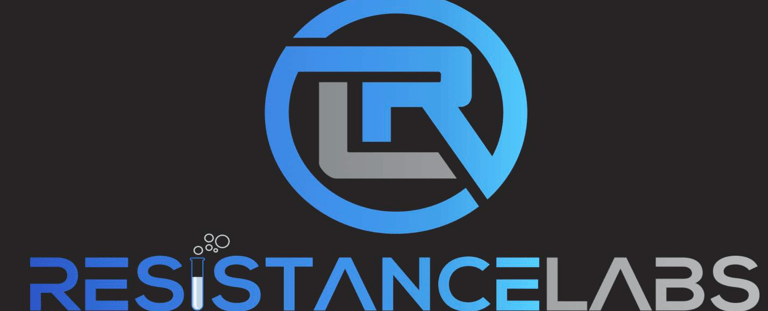

With absolutely no experience in branding, conducting product research, sourcing products, testing samples, pricing, and creating a logistics plan, we stumbled our way through each process. We made countless mistakes along the way, but after two months, we had sourced our first product - a balance pad (see below) and offered it on our Amazon storefront. Our business model was to 'private label' fitness related products, essentially sourcing products from a manufacturer (in China) who would label the products under our own brand.
We thought this was the most efficient and cost effective way to start our business. While learning how to properly price and market our balance pad, we continued to search for more products which we could add to our portfolio of products. In short order, we started offering finger-stretchers, work-out towels, agility ladders, and the like. Our initial orders were quite small given our limited capital and lack of experience. We wanted to test out each product to assess the demand; however, the drawback of purchasing smaller quantities was our limited ability to negotiate pricing. In many ways this was a blessing in disguise, because we soon realized that the amount of competition for privately labelled products would price us out of the market.
Logo and Branding for ResistanceLabs
Lesson - Just get started. It's unlikely you will know all of the pitfalls that you will encounter, but just getting started and taking each subsequent step will uncover areas which you can learn and develop in. It's better to get started then get held up by the fear of not being able to overcome a future challenge.
Lesson - If you lack experience or expertise in an area, start small and take calculated risks. In many ways, getting started with limited capital was our saving grace. Many businesses fail because management believes they can spend their way out of challenges or 'paper-over' issues. By conserving capital and testing the market, you are able to assess whether there is demand for your product or service. Once you validate your product or service resonates with your customers, you can strategically deploy the capital to your offerings that have the highest likelihood of success.
Lesson - John C. Maxwell coined the term "fail-forward", which is the mindset of separating mistakes from self-worth. To some, we were failures. We didn't succeed at launching our brand and making any money. We'd probably lost a few thousand dollars and many hours of our time; however, we considered this to be the cost of our entrepreneurial education. We used this failed attempt at creating a business as a progression toward improving our next business venture and an opportunity to practice stepping into uncomfortable and unfamiliar situations.
This now brings us back to my last post, where I decided to leave Vancouver for three months to explore the world. Derek and I decided to call it quits on ResistanceLabs a few months before I departed, and we decided to regroup after I returned. During my trip, I had the opportunity to reflect on many aspects of life including how I wanted to spend my time. I concluded that I wanted to take control of my future and bet on myself rather than stay in a job that didn't excite me. When I returned at the beginning of 2017, I submitted my resignation from my position as a commercial banker. For the next couple of months, Derek and I scoured the internet for new product ideas without anything piquing our interest.
Surprisingly, our next business idea didn't come about because of any particular research or a specific issue that we were trying to address. It came about because of an anniversary gift that Derek purchased for Tina - a kombucha home brewing kit. At one of our board game nights, they shared their latest hobby and told us how easy and cheap it was to brew kombucha. Derek and Tina had been drinking kombucha for a while, and he thought it would be a fun activity to brew kombucha at home, so he purchased a kit from a local tea shop. The kit included a symbiotic culture of bacteria and yeast (SCOBY - see below), four litre glass jar, and a pouch of organic black tea.
After a year of offering our fitness products on Amazon, we continued to face headwinds from many directions. Our suppliers were not able to provide substantially better pricing despite increasing our order volume, more competitors offering similar products started to show up on Amazon's marketplace, and even our suppliers were beginning to directly compete with our brand by offering their own products. Eventually, we were unable to offer competitive pricing as well as make a profit. In many ways, our first venture had failed; however, our e-commerce crash course had taught us a number of lessons which we eventually integrated into our next business venture.
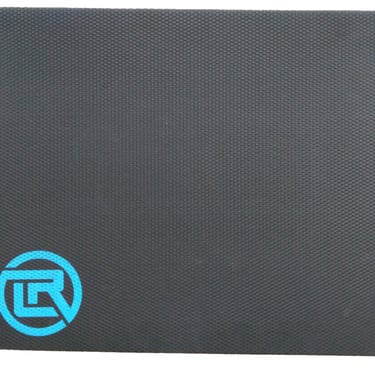
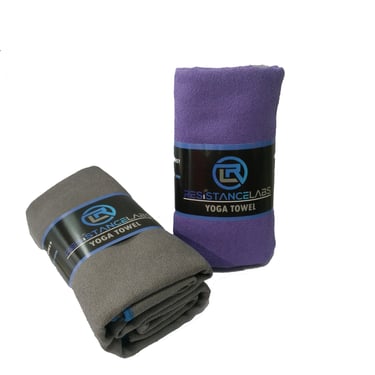
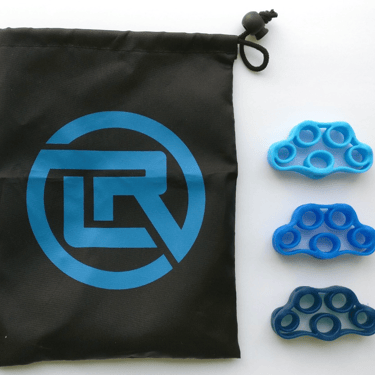
Balance Pad | Yoga Towel | Finger Stretcher
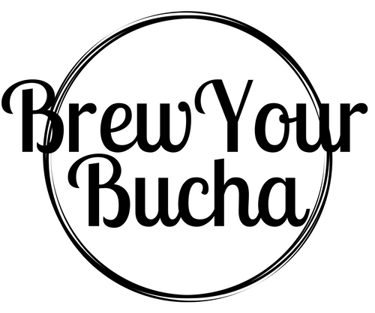



Lesson - Many business ideas come from our everyday experiences. Be patient and observe the world around you for areas which you derive value from. There are products and/or services that impact your life everyday that can be modified or improved which may turn out to be your next venture.
It was an interesting concept, but since I'd never tried kombucha before, I purchased a bottle of GT's Gingerade Kombucha to try it out. I was shocked by the price but also pleasantly surprised by the taste. A few days later, Derek shared some of his home brew, and it tasted quite similarly to GT's Gingerade. I decided to try making kombucha at home as well, so I purchased all of the individual components needed for my own kit. Derek provided me with an extra SCOBY (SCOBY can replicate themselves during the brewing process) he had from a previous brew.
After brewing my own batches of kombucha and trying different recipes, I realized the process of brewing wasn't very complicated and just required some research and tinkering. We tabulated the cost of building out the kit I piecemealed together and determined there were healthy margins despite having to purchase the SCOBY from a local health food store. By surveying the varying kombucha kit brands available on Etsy and Amazon, we concluded that we could differentiate our company by offering a more comprehensive kombucha brewing experience. We would include other essential brewing accessories in our kits, in addition to share additional brewing resources, tutorials, and recipes and provide exceptional customer service.
We had stumbled on our next business idea - Brew Your Bucha.
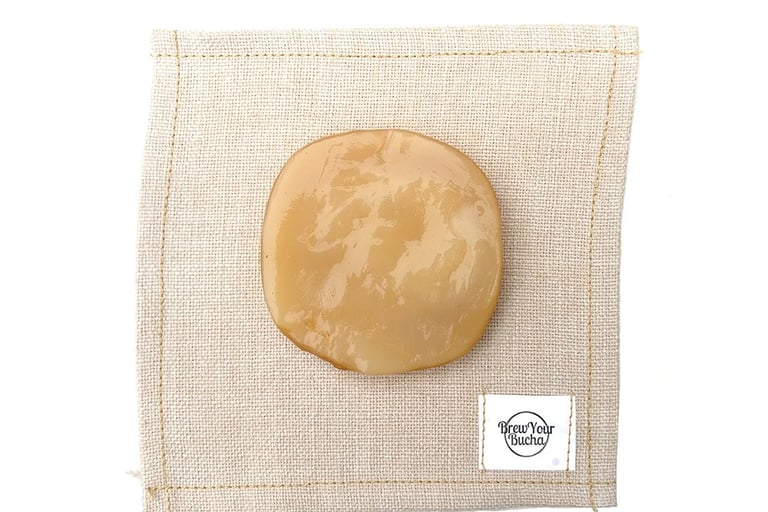

By the time August had come, we were confident that our kits would sell, so we listed our assortment of products on Amazon. We understood how important product reviews were to the success of our kits, so we focused on creating effective and attractive product listings. We tested various strategies to improve our product listings, such as updating our photos and videos, rejigging the wording/copy of our descriptions, and creating links between each of our products to cross promote them. Sales trickled in and we started to build momentum into our first Christmas season. To prepare for the flow of orders, we packed our apartments full of raw materials, boxes, and packaging tape. Each day seemed like a blur, because we would spend the morning packaging, labeling, and sending off our orders through Canada Post, and the afternoon would be spent working on the actual business (i.e. marketing, customer service, website development, etc).
At the end of our first seven or so months in business, we had only generated revenue of $40,000. This wasn't groundbreaking by any means, but we had managed to turn a profit and validated our business idea. We started the business with less than two thousand dollars of initial capital and were churning the revenue back into the business to fund inventory purchases, marketing, and our basic operating needs. We did question whether leaving our stable careers was a good idea; we weren't able to pay ourselves, and we would need to expand our working space to grow the business which would lead to further overhead. More on this in my next post.
After our first partial year in business, I learned some key take aways:
Lesson: Build a long enough runway for yourself to succeed. In many ways, living below my means (lesson from my first article), I had the ability to be patient with our business. I didn't need to draw money out of the business to support my living standards. Derek and I both lived frugally and we shared a similar mentality when it came to the business. This mentality ensured that we would never over extend ourselves and put the business at risk during any downturns or unforeseen circumstances (discussed later).
Lesson: Find a partner who shares a similar vision and brings complementary skills to the table. Derek and I had similar desires for our business; however, we both offered an array of experiences and specific interests to the business. In Gino Wickman's book, Rocket Fuel, he highlights the differences between a "Visionary" and an "Integrator" and why they are both essential to any organization.
Visionaries tend to drive forward with a passion and level of creativity that launches an organization. They are the dreamers and use their creative problem solving skills to facilitate the steps towards growth. Integrators bring together the various aspects of a business such as marketing and operations to create an environment that thrives. They are considered the glue that bonds the team together. In many ways, we each embodied qualities of both the visionary and integrator, but Derek gravitated towards being an Integrator with his calmer and even keeled demeanor, while I gravitated toward being a Visionary with my more type-A personality and desire for achieving our goals.
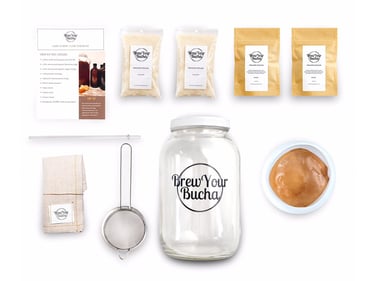
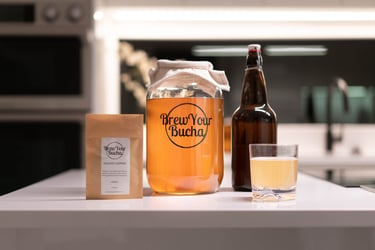
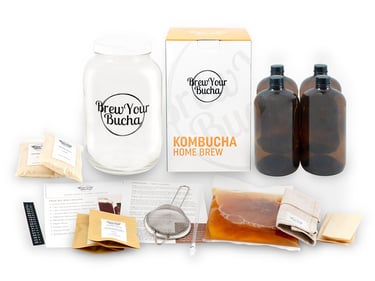



Kombucha SCOBY
4 Litre Standard Kombucha Kit
4 Litre Deluxe Kombucha Kit
In my next article, I'll be sharing the next evolution of our business and how we grew from $40,000 in revenue to $2.8 million and our eventual acquisition.
If you found value in anything I've shared thus far, please feel free to share or subscribe. Thanks!
